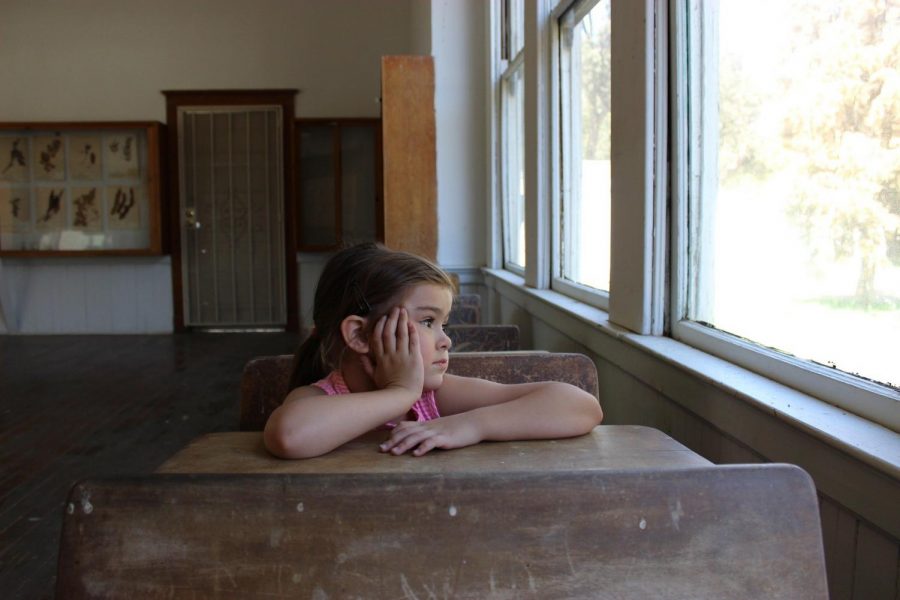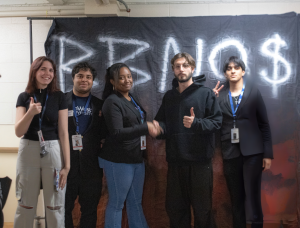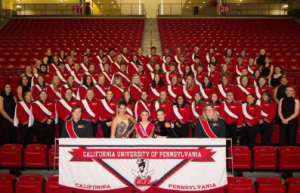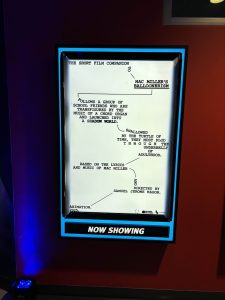Cal U approves Trauma Certificate for social work and psychology majors
Cal U has now made it accessible for students to obtain a certificate in trauma
April 14, 2021
Trauma can have serious impacts on behavioral health, mental health, work, school and well-being. This certificate combines the discipline-specific approaches to Trauma-Informed Care (TIC) of both psychology and social work to provide undergraduate students with a well-rounded approach to methods of providing TIC.
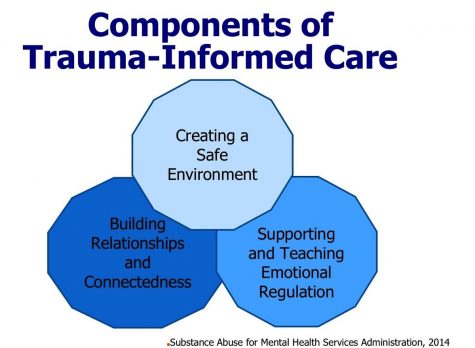
The trauma certificate at Cal U was approved in February. It is made up of four classes that are each three credits. The classes are SOW 201 (Interviewing for the Human Services), PSY 222 (Psychology of Stress Management), SOW 310 (Trauma-Informed Care in Social Work) and PSY 415 (Childhood Trauma: Theory, Research & Practice).
“Many different things impact different populations,” said Azadeh Masalehdan Block, department chair of health and human service professions. “Trauma comes in many different forms so we really wanted to bring awareness to that.”
Six-year Cal U professor Block is one of the creators of the Trauma certificate. Two of the social works classes required for the trauma certificate are advised by Sheri Boyle. Boyle is a 16-year professor in the BSW program as the director for social work. This spring, Boyle is teaching SOW 201 (Interviewing for the Human Services) as a hybrid class.
“Right now we are doing a lot of role-playing so that they are comfortable interviewing, asking questions and responding to clients,” said Boyle said of her students.
Two-year Cal U professor Janice McCall of the department of health and human service professions is currently teaching SOW 310 (Trauma-Informed Care in Social Work). The class is taught in five different modules that are each three weeks long. In the beginning, students go over the ethics of social work and become familiar with specific terminology. Then, McCall uses one-on-one interactions with students through journaling. During the Geroge Floyd and Breonna Taylor protest, McCall said she specifically decided to focus on racialized trauma. For the rest of the semester, students read four to five books and apply them to the principles.
“We read them together and we apply the principles to situations in the books, like last semester we read “The Hate You Give” and every year I try to change up the books so they are sort of fun read but also historically important, said McCall.
Cal U senior Autumn Walsh said she had taken McCall’s 310 last semester. She said McCall’s class was so “influential” that it changed the trajectory of her career plans. Walsh said that while taking McCall’s class she recognized her own trauma.
“Her class made me do some serious self-reflection, things I would minimize and say ‘Oh that wasn’t a big deal’ ended up causing trauma,” said Walsh “It has affected me my entire life until I recognized it and dealt with it.”
Three-year assistant psychology professor Kristen Schaffner has expertise in childhood trauma. Because of this, Schaffner proposed the PSY 415 (Childhood Trauma: Theory, Research & Practice class) which will be taught for the first time this fall. In the class, there will be an overview of how trauma affects kids uniquely and how kids process trauma differently than if you were an adult.
“In the course, we are gonna be doing a lot of thinking about the different developmental periods and how trauma will impact the whole family system,” said Schaffner. “We cant understand child trauma without understanding the family system.”
Part of the core curriculum in child trauma is case studies so the national child traumatic stress network (NCTSN) put together case examples that the students will work through in class to learn about what happens in different examples of traumatic stress.
“Another core component is that culture plays a big role in how we process trauma,” said Schaffner. “So based on your family system, values, religion and cultural heritage the way you perceive or think of events might be different than somebody else.”
Generational trauma is not just experienced by one person but extends from one generation to the next. Walsh referred to an experiment in which researchers taught male mice to fear the smell of cherry blossoms by associating the scent with mild foot shocks. When reacting to the cherry blossom scent the offspring would have a trauma response.
Their babies would have a trauma response and that is because it changed the DNA. Trauma was passed down from generation to generation.
The four classes are broken into two psychology-based classes and two social work classes. Particularly SOW 310 focuses on adult trauma and PSY 415 focuses on childhood trauma. These two classes specifically are trauma theory and engaging in practices of social work and psychology. The other two courses are SOW 201 and PSY 222 are skill-based including 30 hours of volunteer work and utilizing your skills andPSY 222 deals with developmental ways to deal with stress.
“This isn’t a minor with as big as a commitment but gives people at that undergraduate level the entree to concepts that are really important,” said Block.

